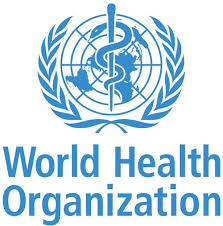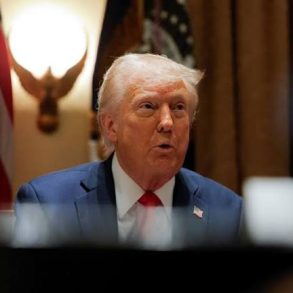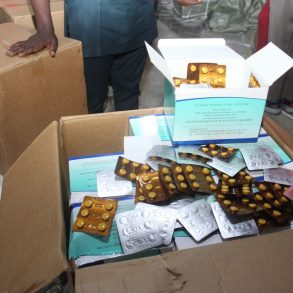The World Health Organisation (WHO), has said that the COVID-19 still poses global and national health threat.
The organisation made the declaration on Wednesday.
“Though considerable achievements have been made, we are still at risk of the infection as cases are still being reported in a number of countries,” it stated.
The WHO made the disclosure at the launch of Canada’s Global Initiative for Vaccine Equity (CanGIVE) Grant, in Abuja.
Beneficiaries of the grant were Nigerian states with poor performing records in vaccination.
According to WHO, “The grant will be implemented in the 15 lowest performing states of Benue, Kogi, Taraba, Katsina, Kebbi, Anambra, Ebonyi, Akwa Ibom, Bayelsa, Delta, Edo, Rivers, Lagos, Ogun and Ondo.”
WHO noted that though remarkable progress had been recorded, it however cautioned; “despite this achievement, there is still more work to be done.”
“As of now, 14 states are performing less than 50 per cent vaccination coverage of their target population, and we still have some vulnerable populations that are not sufficiently covered. Key among these subgroups are the aged (50years and above), people with co-morbidities, the health workers, people living in humanitarian and security compromised communities and the pregnant women.”
“The WHO Director-General’s declaration that COVID-19 was no longer a Public Health Emergency of International Concerns (PHEIC) marked a turning point in the pandemic,”
. Head of Mission and Representative World Health Organization Country Representative Office in Nigeria, Dr. Walter Kazadi Mulombo, said.
In his address, Mulombo further cautioned on the need to continue protecting ourselves by completing the primary series of COVID-19 vaccination and for those who have completed to continue with the booster dose schedule.
“As of 17 July, 2023, 77,285, 627 persons in Nigeria have completed the primary series of COVID-19 vaccination, with, 87,838,137 persons receiving at least one dose of the vaccine and 16,011,524 of those who have completed the primary series have received a booster dose of the vaccine,” he disclosed.
The Canada Global Initiative, aims to supporting country-led efforts to expedite COVID-19 vaccine delivery and distribution amongst high priority risk groups, increase vaccine confidence and generate demand.
It focuses on community engagement, within the context of addressing inequities in service delivery and disparities in gender at sub-national geographical locations.
The grant will enable the WHO Nigeria country office provide technical support to strengthen health systems specially for data management and surveillance linked to the Transforming African Surveillance Systems (TASS) Flagship initiative, increase COVID-19 vaccine demand generation and uptake in an integrated mode with routine immunization and other PHC services.
It added that the grant will help to mainstream and integrate gender responsive, equity-based and human rights-focused interventions that promote “leaving no one behind” agenda in the country.
Mulombo assured the Federal government of WHO’s continued collaboration and partnership to ensure that the vulnerable population were protected and the structures and health systems strengthened. “We shall continue to provide technical support to implement one health approach to preparedness and response, and integrate COVID-19 surveillance and response activities into routine health programmes. Together with partners and the Federal Government of Nigeria, we should dedicate sustained attention and resources to preparedness and resilience to counter future threats,” Mulombo reiterated.






